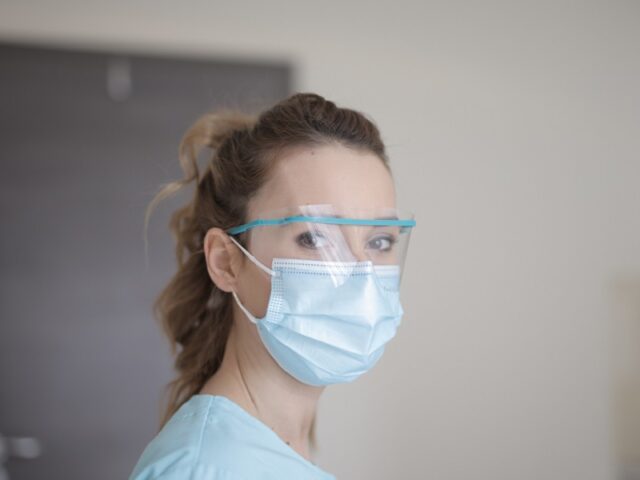
COVID-19: Workplace Safety & Refusing Unsafe Work
Ontario is taking baby steps towards reopening after many businesses and workplaces were closed due to the COVID-19 pandemic. While people are being encouraged to work from home if possible, thousands of workplaces rely on staff working in person. A wide variety of businesses and services were given the green light to reopen in some capacity in Stage 1, dubbed “Protect and Support”, and this means that many employees will be back on the job and needing protection from the transmission of the novel coronavirus.
WSIB has created in-depth, sector-specific guidelines to help employers and employees reduce risk–and so have various occupational health and safety bodies in the province. Guidance is available for sectors including construction, food processing, restaurant and food services, agriculture and long term care and more than two dozen specific types of workplaces ranging from child care to funeral homes to mining to transportation.
For people heading back to work during a pandemic, there is bound to be nervousness and apprehension about the circumstances–and/or worry, strain, trauma and even excitement. There are many normal reactions to these unfamiliar and unprecedented circumstances.
Yet even with the information and supports available to employers, employees may still feel concerned about the safety of their workplace, or about certain aspects of their work. If that is the case, what should you do?
In a recent CBC interview, the executive director of the Sudbury Workers Education & Advocacy Centre, Scott Florence, noted that it’s important to follow the WSIB’s process for refusing unsafe work. That means:
- Being physically on site to refuse unsafe work (not just calling in from home)
- Talking to your boss about your concerns as a first step
- If that doesn’t resolve the problem, contact the Ministry of Labour while you are at your workplace
- If you leave your job before the workplace inspection takes place, your employer may claim that you quit or are simply refusing to work
The issue of workplace inspections is difficult right now because there are reports that the Ministry is not sending inspectors. Instead, they are doing inspections by phone. Florence notes that “It’s unfair and unsafe for workers if they are being told there isn’t a problem if no one has come to look and see if there is a problem.” Additionally, alarming reports in late April found that none of the 200 work refusals filed during the pandemic had been upheld by the Ministry. Persistence will be necessary.
One thing is clear: the mere existence of COVID-19 does not meet the threshold of unsafe work. It’s a failure to adopt precautions and protocols that prevent the spread of the coronavirus that creates unsafe work. If your employer does not provide you with appropriate PPE, provide adequate distancing, hand-washing facilities or sanitizer, and/or the training to be safe during this pandemic, that can be considered unsafe work.
